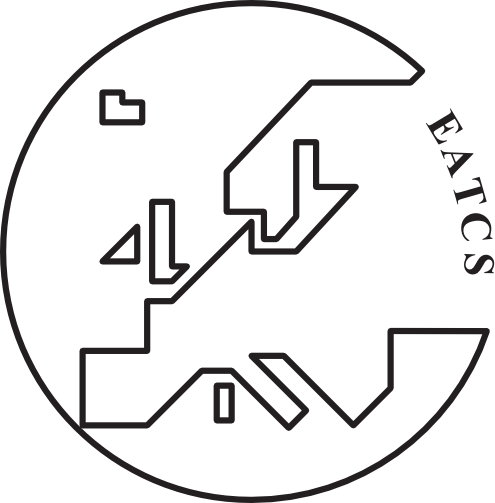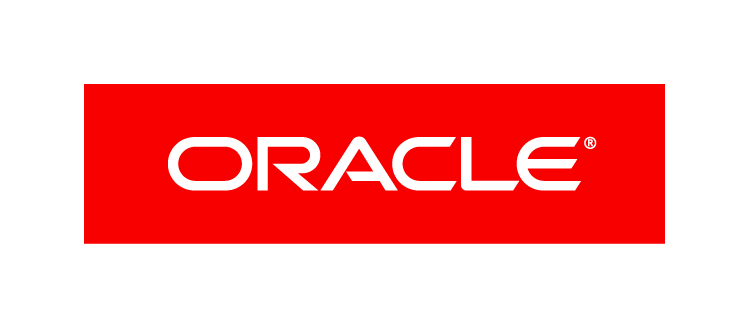34th International Symposium on Distributed Computing
October 12-16, 2020
Freiburg, Germany
Twitter: https://twitter.com/podc_disc
Corona contingency plan
The steering committee is monitoring the situation with COVID19 and is
considering measures to ensure a safe environment for all participants.
Announcements will be published on the conference’s website.
If the situation warrants it, the conference will either be
postponed or held virtually. Several conferences are exploring
possibilities and we will be learning from their experience.
LIPIcs assured us that they will publish the proceedings even if the
conference is virtual.
Dates
All times are in Central European Summer Time = CEST = Berlin time = UTC+02:00.
- Registration (regular papers and brief announcements):
May 7, 2020 (AoE) - Submission (regular papers and brief announcements):
May 14, 2020 (AoE) - Notification (regular papers):
July 20, 2020 - Notification (brief announcements):
July 27, 2020 - Final version for proceedings:
August 10, 2020
Scope
Original contributions to theory, design, implementation, modeling, analysis, or application of distributed systems and networks are solicited. Topics of interest include, but are not limited to:
– Biological and nature-inspired distributed algorithms
– Blockchain protocols
– Communication networks: protocols, architectures and applications
– Distributed and concurrent data structures, replication and consistency
– Distributed computing: Algorithms and upper bounds
– Distributed computing: Lower bounds and impossibility results
– Distributed graph algorithms
– Distributed machine learning and data science
– Distributed operating systems, middleware, database systems
– Experimental evaluation of distributed algorithms and systems
– Fault tolerance, reliability, availability
– Formal methods for distributed computing: verification, synthesis and testing
– Game-theoretic and knowledge-based approaches to distributed computing
– Internet and Web applications, social networks and recommendation systems
– Massively-parallel, high-performance, cloud and grid computing
– Mobile agents, autonomous distributed systems, swarm robotics
– Multiprocessor and multi-core architectures and algorithms
– Population protocols and chemical reaction networks
– Security in distributed computing, cryptographic protocols
– Self-stabilizing, self-organizing, and autonomous systems
– Synchronization, persistence and transactional memory
– System-on-chip and network-on-chip architectures
– Wireless, mobile, sensor and ad-hoc networks
Submissions
Papers are to be submitted electronically at https://disc2020.hotcrp.com/.
Submissions must be in English in pdf format and they must be prepared using the LaTeX style template for LIPIcs (https://submission.dagstuhl.de/documentation/authors) with
\documentclass[a4paper,anonymous,USenglish]{lipics-v2019}.
Submissions must be anonymous, without any author names, affiliations, or email addresses. The contact information of the authors will be entered separately in HotCRP.
Submissions not conforming to the submission guidelines and papers outside of the scope of the conference will be rejected without consideration.
Notes on Double-Blind Peer Review
We will use a fairly relaxed implementation of double-blind peer review in DISC 2020. You are free to disseminate your work through arXiv and other online repositories and give presentations on your work as usual.
However, please make sure you do not mention your own name or affiliation in the submission, and please do not include obvious references that reveal your identity. A reviewer who has not previously seen the paper should be able to read it without accidentally learning the identity of the authors.
Brief announcements should also be submitted without author names and affiliations so that a reviewer can form an initial judgment without bias, but they can contain a reference to the full version of the work in the bibliography.
Please feel free to ask the PC chair if you have any questions about the double-blind policy of DISC 2020.
Regular Papers
Regular submission must report on original research that has not previously appeared and is not currently under review for or concurrently submitted to a journal or a conference with published proceedings. Any overlap with a published or concurrently submitted paper must be clearly indicated. A submission must not exceed 15 pages, excluding the references.
All of the ideas necessary for an expert to fully verify the central claims in the paper, including experimental results, should be included, some of which may be placed in a clearly marked appendix that will be read at the discretion of the program committee.
Brief Announcements
Brief announcements may describe work in progress or work presented elsewhere.
The length of a brief announcement should be at most 3 pages (including everything). The title of a brief announcement must begin with “Brief Announcement:”.
A regular submission that is not selected for a regular presentation may be invited by the PC for the brief announcements track.
Publication
The proceedings will be published by LIPIcs. The final version of the paper has to be formatted following the LIPIcs guidelines. Regular papers will have 15 pages in the final proceedings (excluding references), and brief announcements will have 3 pages in the proceedings (including everything). If more space is needed, the authors are encouraged to post the full version e.g. on arXiv and refer to it in their paper.
Accepted papers and brief announcements must be presented by one of the authors, with a full registration, at the conference site, and according to the final schedule. Any submission accepted into the technical program but not presented on-site will be withdrawn from the final proceedings.
Awards
Awards will be given to the best paper and the best student paper. To be eligible for the best student paper award at least one of the paper authors must be a full-time student at the time of submission, and the student(s) must have made a significant
contribution to the paper.





